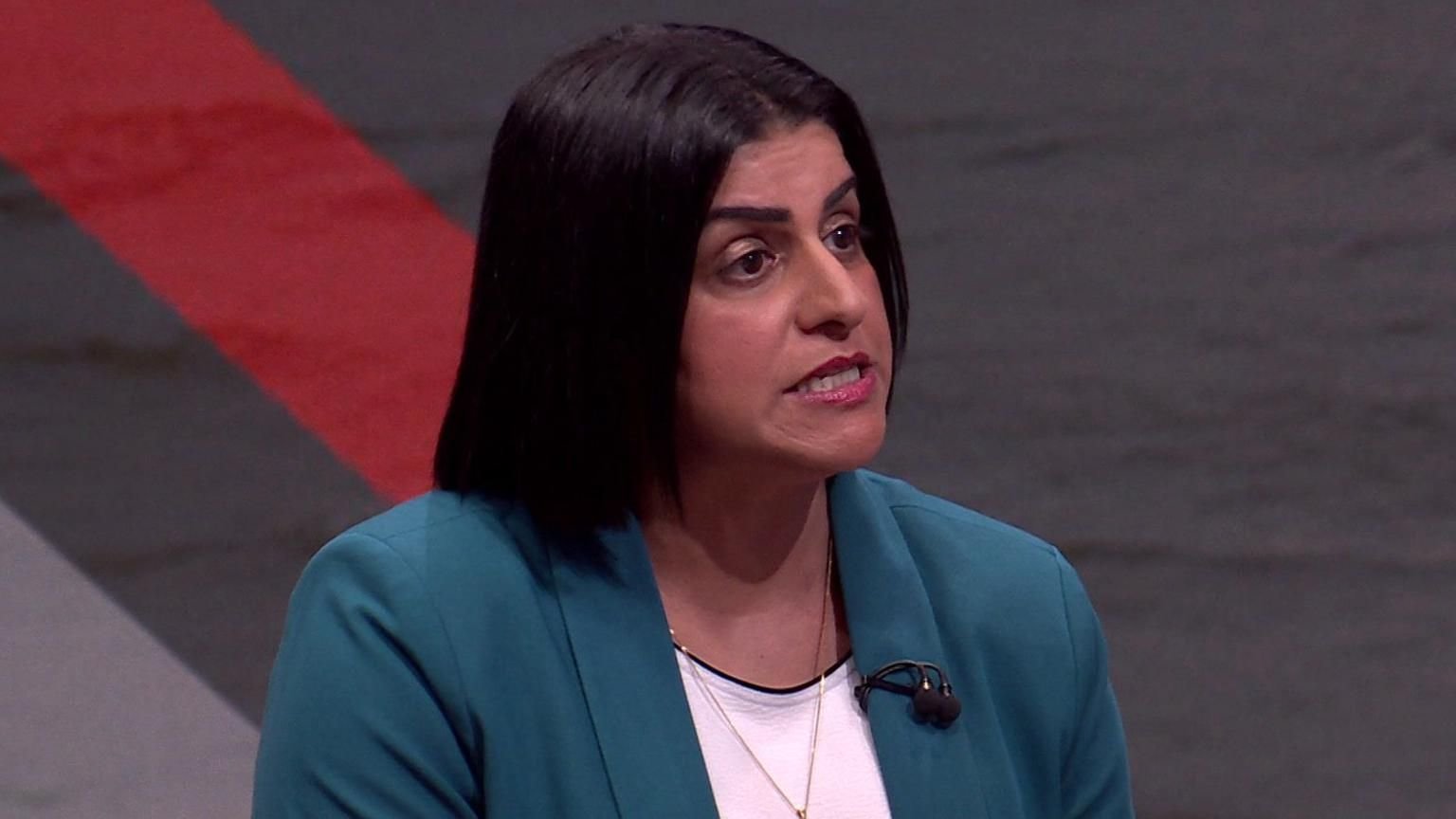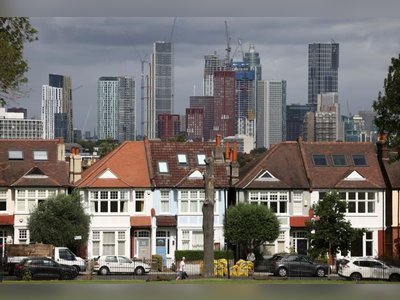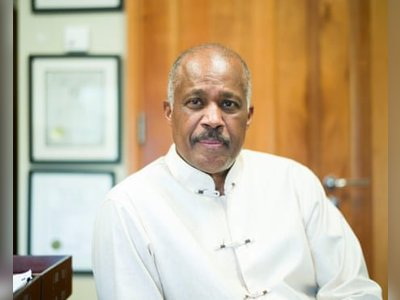
UK to Overhaul Asylum System with End to Permanent Status and Tightened Rights
Home Secretary outlines sweeping reforms focusing on temporary protection, longer settlement wait and diminished automatic support
The UK government has launched what is described as the most significant reform of its asylum system in modern times, introducing measures that will transform how refugee status is granted, reviewed and revoked.
Home Secretary Shabana Mahmood declared the current system “out of control” and argued that illegal migration was “tearing the country apart”.
Under the changes, refugee status will become temporary with regular review cycles every two-and-a-half years and will be subject to revocation if the individual’s home country is later deemed safe.
Those arriving illegally will face a waiting period of up to twenty years before becoming eligible for permanent settlement — a substantial increase from the current pathway.
Support for asylum seekers will no longer be automatic: housing and financial assistance will be discretionary rather than guaranteed.
Individuals who can work but do not, or who fail to comply with removal directions, may lose entitlement to government support.
In parallel, the government intends to reinterpret key protections under the European Convention on Human Rights (ECHR).
Law-makers will seek to narrow the scope of Article 8 (right to family life) so that only immediate family links — such as a parent or child — can prevent removal, while Article 3 (prohibition of torture or inhuman or degrading treatment) will be applied with an emphasis on public safety and removal of foreign criminals.
The reforms draw heavily on the Danish model of temporary protection there, and Mahmood said UK officials recently studied that system as part of planning.
The changes also extend to groups from Ukraine, who have been here under a bespoke scheme: the government indicated that temporary status applies to them too and that they too may face return when the conflict ends.
The package is being framed by the government as restoring fairness and control to the system, asserting that it will deter illegal migration and protect communities under pressure.
Mahmood, who described immigration as “absolutely woven into my experience”, said the reforms are a “moral mission” for her.
Opponents including refugee charities and a number of Labour MPs warned that the changes risk undermining protections for vulnerable people and creating long-term uncertainty for legitimate refugees.
Nevertheless, with legislation expected imminently, attention now turns to how the new regime will be implemented, how international obligations will be reconciled, and how both the asylum system and local communities will adapt to the new framework.
Home Secretary Shabana Mahmood declared the current system “out of control” and argued that illegal migration was “tearing the country apart”.
Under the changes, refugee status will become temporary with regular review cycles every two-and-a-half years and will be subject to revocation if the individual’s home country is later deemed safe.
Those arriving illegally will face a waiting period of up to twenty years before becoming eligible for permanent settlement — a substantial increase from the current pathway.
Support for asylum seekers will no longer be automatic: housing and financial assistance will be discretionary rather than guaranteed.
Individuals who can work but do not, or who fail to comply with removal directions, may lose entitlement to government support.
In parallel, the government intends to reinterpret key protections under the European Convention on Human Rights (ECHR).
Law-makers will seek to narrow the scope of Article 8 (right to family life) so that only immediate family links — such as a parent or child — can prevent removal, while Article 3 (prohibition of torture or inhuman or degrading treatment) will be applied with an emphasis on public safety and removal of foreign criminals.
The reforms draw heavily on the Danish model of temporary protection there, and Mahmood said UK officials recently studied that system as part of planning.
The changes also extend to groups from Ukraine, who have been here under a bespoke scheme: the government indicated that temporary status applies to them too and that they too may face return when the conflict ends.
The package is being framed by the government as restoring fairness and control to the system, asserting that it will deter illegal migration and protect communities under pressure.
Mahmood, who described immigration as “absolutely woven into my experience”, said the reforms are a “moral mission” for her.
Opponents including refugee charities and a number of Labour MPs warned that the changes risk undermining protections for vulnerable people and creating long-term uncertainty for legitimate refugees.
Nevertheless, with legislation expected imminently, attention now turns to how the new regime will be implemented, how international obligations will be reconciled, and how both the asylum system and local communities will adapt to the new framework.









